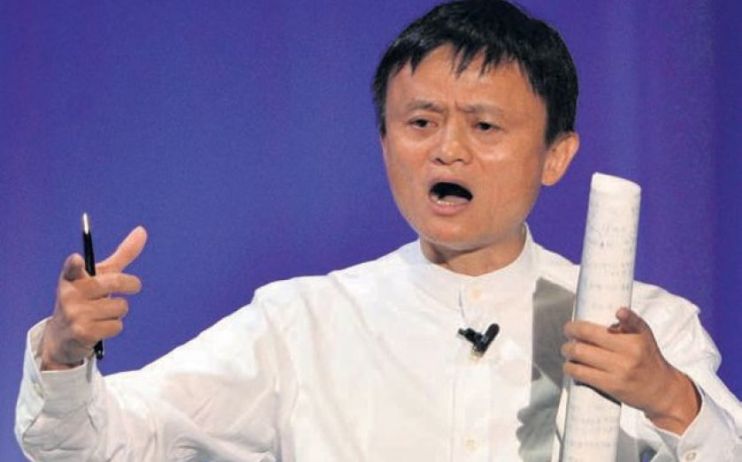Alibaba under investigation by China for monopoly tactics

Alibaba is under investigation by Chinese regulators for alleged monopolistic practices, in the latest blow for Jack Ma’s fintech and e-commerce empire.
The probe is part of an accelerating crackdown on anticompetitive behavior in China’s booming internet space, and the latest setback for Ma, the 56-year-old former school teacher who founded Alibaba and became China’s most famous entrepreneur.
Regulators have warned Alibaba about the so-called “choosing one from two” practice under which merchants are required to sign exclusive cooperation pacts preventing them from offering products on rival platforms.
It follows China’s dramatic suspension last month of Ma’s Ant Group’s planned $37 billion initial public offering, which had been on track to be the world’s largest, just two days before shares were due to begin trading in Shanghai and Hong Kong.
In a strongly worded editorial, the ruling Communist Party’s People’s Daily said that if “monopoly is tolerated, and companies are allowed to expand in a disorderly and barbarian manner, the industry won’t develop in a healthy, and sustainable way.”
Shares in Alibaba fell nearly 9 per cent in Hong Kong, their lowest since July, while rivals Meituan and JD.com both fell more than 2 per cent.
Earlier this month Alibaba and and Tencent were fined for a string of deals in its latest bid to clamp down on tech companies.
It came after the State Administration for Market Regulation published draft regulations last month looking to curb tech monopolies, one of the most wide-sweeping proposals on Chinese tech.
Politically motivated?
Financial regulators will also meet with Alibaba’s Ant Group fintech arm in coming days, according to a separate statement by the People’s Bank of China today, casting another cloud over a potential revival of the share sale.
The meeting will “guide Ant Group to implement financial supervision, fair competition and protect the legitimate rights and interests of consumers,” the statement said.
Ant said it had received a notice from regulators and would “comply with all regulatory requirements.” Alibaba said it would cooperate with the investigation and that its operations remained normal.
Fred Hu, chairman of Primavera Capital Group in Hong Kong, an Ant investor, said global markets would watch to see whether the moves were “politically motivated” and whether regulators targeted private but not state monopolies.
“It would be a tragedy if the antitrust law should be seen as ‘targeting’ successful private tech companies only,” he said.
Ma has kept out of the public eye since a late October forum in Shanghai where he blasted China’s regulatory system, accusing it of stifling innovation in a speech that stung officials and set off a chain of events that led to the shelving of Ant’s IPO.
The practice of requiring a merchant to sell exclusively on one platform, which Alibaba has defended in the past, has long been a source of friction
In a lawsuit last year, home appliance manufacturer Galanz accused Alibaba of penalising it for refusing to stop selling goods on rival platform Pinduoduo. The case was resolved. In an ongoing case, JD.com accused Alibaba’s Tmall of restricting vendors from trading with it by signing exclusive deals.